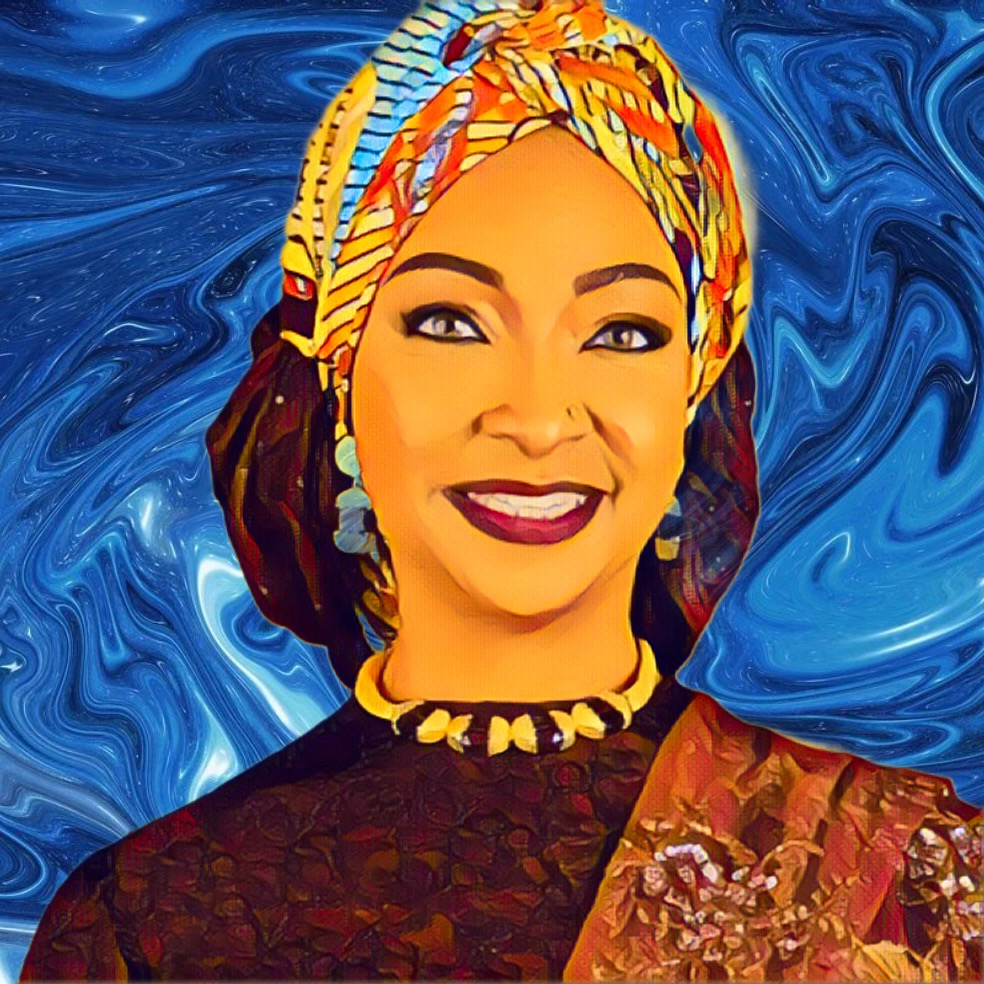The Federal High Court in Abuja has ruled against a petition that sought to remove Hannatu Musawa from her position as Minister of Art, Culture and Creative Economy. The plaintiffs, the Incorporated Trustees of Concerned Nigeria, Dr. Patrick Eholor, and Thomas Marcus, contended that Musawa’s concurrent role as a National Youth Service Corps (NYSC) member at the time of her swearing-in rendered her unfit for the ministerial position. Filed under case number FHC/ABJ/CS/1198/23 on August 30, 2023, the lawsuit named President Bola Tinubu, the Attorney-General of the Federation, Lateef Fagbemi (SAN), and Musawa as defendants.
Court’s Reasoning
Justice James Omotosho, presiding over the case, declared that the plaintiffs lacked the legal standing necessary to initiate such a suit. He further stated that the legal action was devoid of merit. In his judgment, Justice Omotosho referenced Section 147 (5) of the 1999 Constitution, which outlines the qualifications for ministerial appointments. According to this section, a nominee must meet the eligibility criteria for election as a member of the House of Representatives, which primarily includes being a Nigerian citizen, at least 30 years of age, and possessing a minimum of a school certificate or its equivalent.
The judge emphasized that the Constitution does not list serving as an NYSC member as a disqualifying factor for ministerial roles. Therefore, Musawa’s appointment by President Tinubu, following her confirmation by the Senate, was deemed legally sound. Justice Omotosho underscored that the qualifications for a minister do not necessitate an NYSC certificate, making it an additional qualification rather than a prerequisite.
Implications of the Ruling
The court’s decision to dismiss the case reaffirms the constitutional provisions regarding the qualifications required for ministerial appointments and clarifies that being an active NYSC member does not inhibit one’s eligibility. The ruling not only supports Musawa’s continued tenure as a minister but also sets a precedent regarding the interpretation of eligibility criteria for public office in Nigeria.
This legal affirmation has stirred discussions among legal experts, politicians, and the public about the standards set for public service appointments and the need for clarity in the qualifications necessary for holding significant government positions. Also, as Musawa resumes her duties, the cultural and creative sectors anticipate the impact of her policies and initiatives, which are expected to drive growth and development within these vital areas of Nigerian society.
Source: Punch


